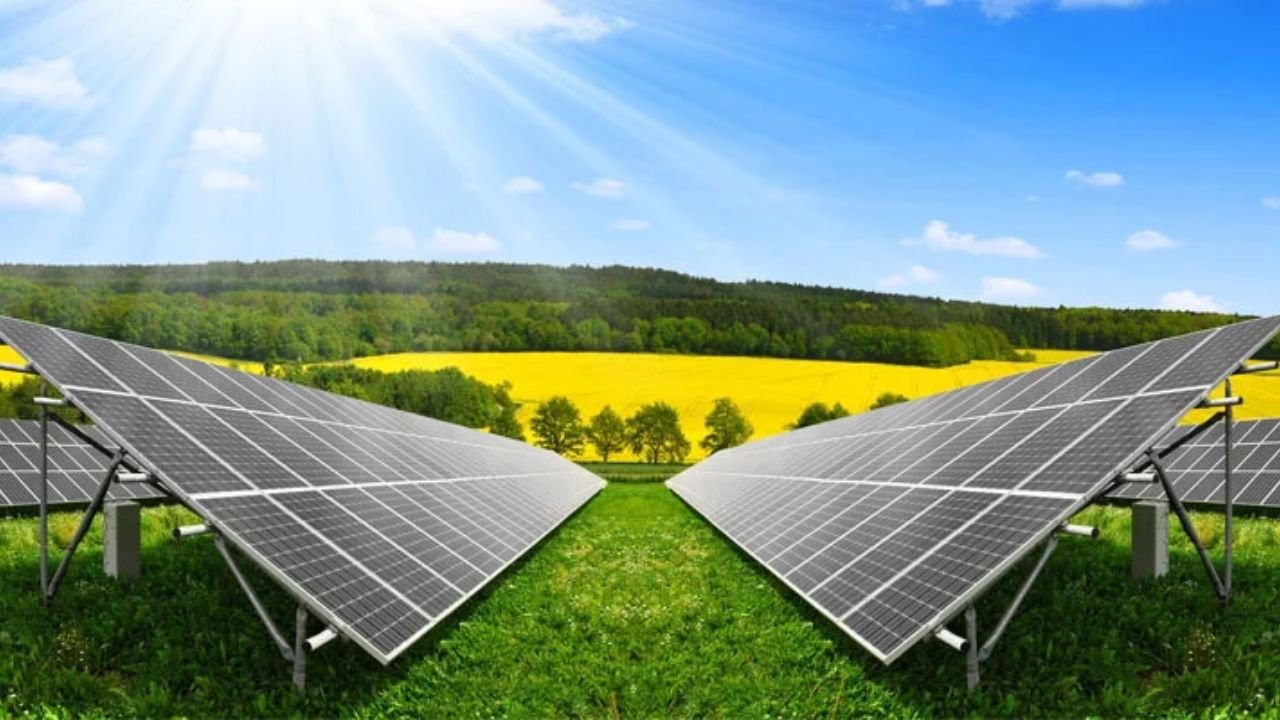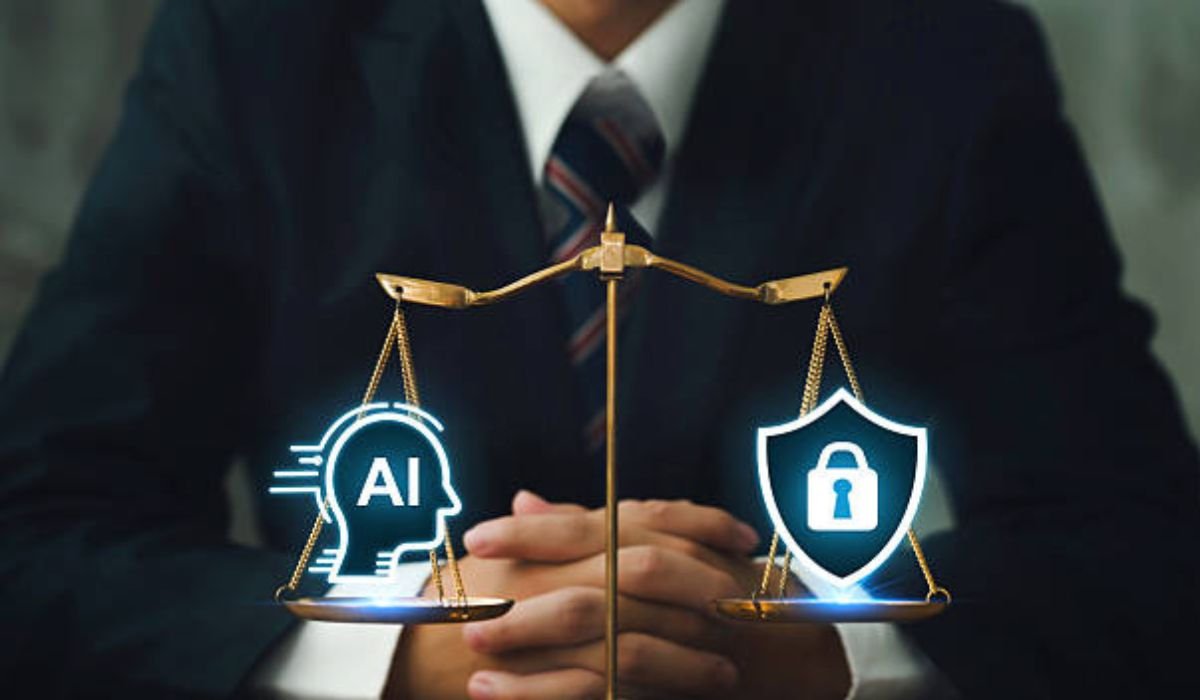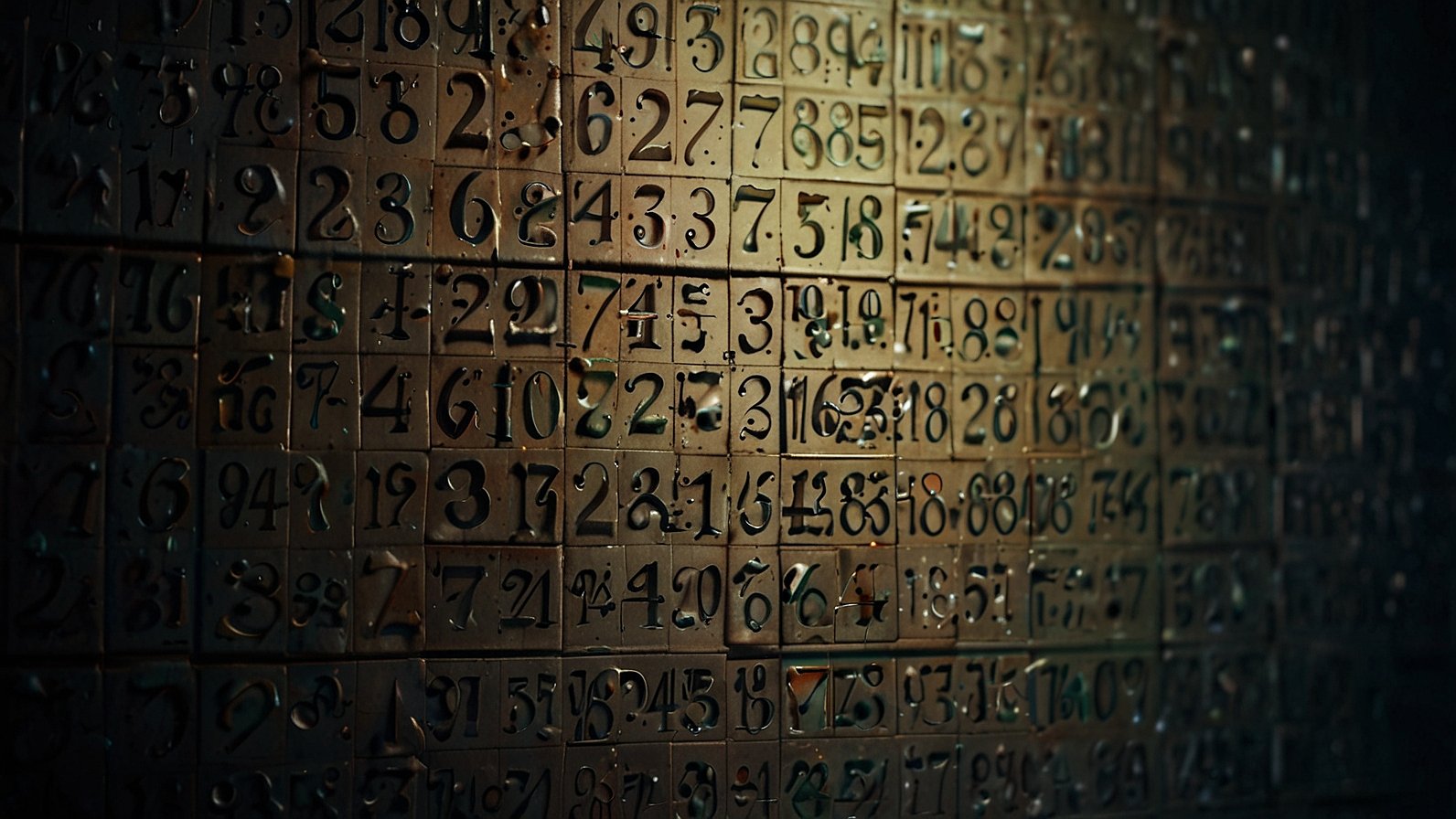Choosing the most efficient solar solution for your energy needs can be a big decision. With so many solar products available, it can feel confusing at first. However, a few basic steps can help make the process simpler.
By understanding your energy needs, researching your options, and asking the right questions, you can find a solar solution that saves money and benefits the environment. For more info on solar panel efficiency, keep on reading below!
Understand Your Energy Needs
The first step to choosing a solar solution is knowing how much energy you use. Start by reviewing your electricity bills. Look for patterns in your usage, such as high and low months, to see if your needs change during the year.
It is also helpful to calculate your average monthly and yearly energy usage. Many electric bills include this information, but you can also add up your monthly usage and divide it by twelve for an average. Knowing your energy use helps you decide how many solar panels you will need to meet your demands.
Determine Your Solar Goals
Once you understand your energy needs, it’s time to set goals for your solar system. Ask yourself what you want to achieve by going solar. Are you looking to reduce your electric bill, power your entire home with solar, or simply supplement your current power with green energy? Your answer will influence the type and size of the system you need.
For example, if your goal is to cover all your energy needs with solar power, you may need a larger system. But if you want to reduce your bill by a smaller amount, you could choose a smaller, less expensive setup. Clear goals help you stay focused and make better decisions.
Research Types of Solar Panels
Not every solar panel is created equal. The lifespan, cost, and efficiency of various types of panels vary. Solar panels come in three primary varieties: thin-film, polycrystalline, and monocrystalline.
Monocrystalline Panels
These are made from single silicon crystals, which makes them more efficient. They produce more power per square foot than other panels, so they are good for homes with limited roof space. However, they can be more expensive.
Polycrystalline Panels
Compared to monocrystalline panels, these panels are less efficient since they are composed of many silicon crystals. If you want a less expensive solution and have more roof space, they are a fantastic choice.
Thin-Film Panels
These panels are lighter and more flexible than the other types. They are less efficient, so they take up more space. Thin-film panels may be better for commercial buildings or large spaces rather than small residential roofs.
Each type of panel has its benefits and downsides. By understanding these options, you can select a panel that best fits your needs and budget.
Consider Efficiency vs. Cost
When choosing a solar solution, you need to balance efficiency and cost. Higher-efficiency panels may generate more power, but they often come at a higher price. If you have limited roof space, high-efficiency panels might be worth the investment. However, if you have plenty of roof space, lower-cost, lower-efficiency panels may still provide enough power.
Solar panels are an investment, so it’s important to think about the long-term costs and benefits. High-efficiency panels may cost more upfront but could save you more on energy bills over time. Consider how long you plan to stay in your home and whether the initial cost fits into your budget.
Explore Battery Storage Options
Battery storage systems allow you to store excess energy generated by your solar panels for use at night or during cloudy days. This helps maximize the power you get from your solar panels. If energy independence is important to you, adding a battery system can be a great choice.
There are different types of batteries, but lithium-ion batteries are the most popular for home solar systems. They are durable, efficient, and require less maintenance. While battery systems add to the initial cost, they can help you rely more on your solar power and less on the grid.
Check Incentives and Tax Credits
Many governments offer incentives, rebates, or tax credits to make solar systems more affordable. These programs vary by location, so check local, state, and federal options. Incentives can greatly reduce your total cost, making it easier to choose a high-quality system.
For example, the U.S. offers a federal tax credit that allows homeowners to deduct a percentage of their solar installation costs from their federal taxes. Some states also offer additional credits or rebates. Taking advantage of these incentives can make a big difference in your budget and encourage you to invest in better equipment.
Get Multiple Quotes
When you’re ready to move forward, it’s wise to get quotes from several solar installers. Each installer may offer different products, prices, and warranties. Comparing these quotes can help you find the best deal and get a clearer picture of what’s available in your area.
Ask each installer about the efficiency and lifespan of the panels they recommend, as well as the cost of installation and any additional fees. Be sure to ask about warranties too. Some companies offer long-term warranties on their panels and inverters, which can be very valuable if repairs are needed.
Evaluate Warranties and Maintenance
A solar system is a long-term investment, so it’s important to consider warranties and maintenance requirements. Many solar panels come with warranties that last 20-25 years, covering issues like efficiency loss and damage. Look for panels with strong warranties that protect you in case something goes wrong.
In addition to warranties, ask about maintenance. Solar systems generally require minimal upkeep, but occasional cleaning and inspections can keep them running efficiently. Knowing the maintenance needs in advance helps you plan for the future and ensure your system performs well.
It would be best to deal with a company that can provide the cleaning for your solar panels. It is beneficial to leave these kinds of things to the professionals as they are the ones who are more knowledgeable about them. Ensuring proper cleaning and maintenance maximizes your solar energy benefits.
Assess Your Roof Condition
Your roof condition can affect your solar options. Solar panels are designed to last 20-30 years, so it’s ideal to have a roof that will last just as long. If your roof is old or needs repairs, consider replacing it before installing solar panels. This way, you won’t have to remove and reinstall your panels later, which can be costly.
If you have a flat roof or one with a lot of shading, your installer might suggest alternative setups. Some solar systems are mounted on the ground or come with tracking devices that follow the sun’s path. Discuss these options with your installer if your roof presents challenges.
Choose an Installer with Experience
Choosing an experienced and reputable solar installer is just as important as selecting the right equipment. A good installer will help you navigate your options, handle permits, and ensure proper installation. Look for companies with good customer reviews, certifications, and experience in the solar industry.
An experienced installer will also help you get the best performance out of your solar system. They will know the best angle and placement for your panels and can answer any questions you have. A reliable installer can make the entire process smoother and give you confidence in your investment.
Plan for Future Energy Needs
If you plan to expand your home or add new appliances, it’s worth considering future energy needs when designing your solar system. Adding panels later can sometimes be more challenging, so planning ahead can save time and money. Tell your installer about any future energy plans, such as buying an electric car or adding air conditioning.
Solar systems can be designed with extra capacity to handle future increases in energy use. By planning ahead, you ensure your system will continue to meet your needs as they grow.
Decide Between Buying and Leasing
When choosing solar solutions, you’ll have the option to buy or lease your system. Buying gives you full ownership and allows you to take advantage of tax credits and incentives. Leasing can be a good choice if you want to avoid upfront costs, but you may miss out on certain benefits.
Leasing is like paying for energy from the panels over time. It can lower your monthly electric bill, but you won’t own the system. Compare the long-term costs and benefits of both options to see which one fits your budget and goals.
Investing in the Most Efficient Power Source
Choosing the most efficient solar solution for your energy needs takes time, but the rewards are worth it. By understanding your energy usage, exploring panel types, and considering your budget, you can make a choice that meets your goals. Efficient solar solutions save money, reduce environmental impact, and increase energy independence.
Take your time, do your research, and consult with reputable solar installers. Your decision will bring you closer to a cleaner, more sustainable future.
For more topics aside from renewable energy solutions, check out the rest of our blog!











